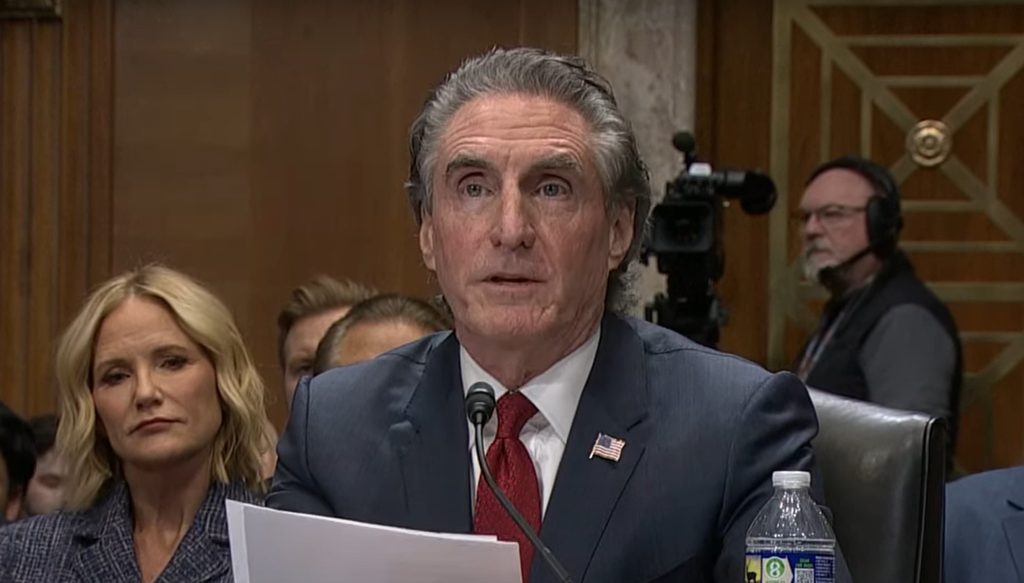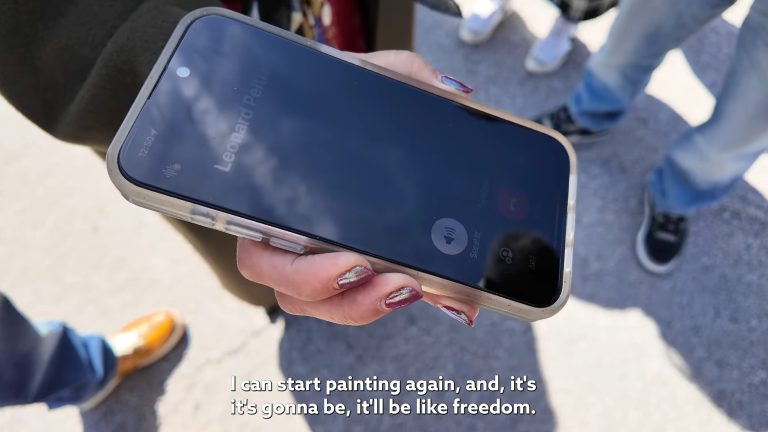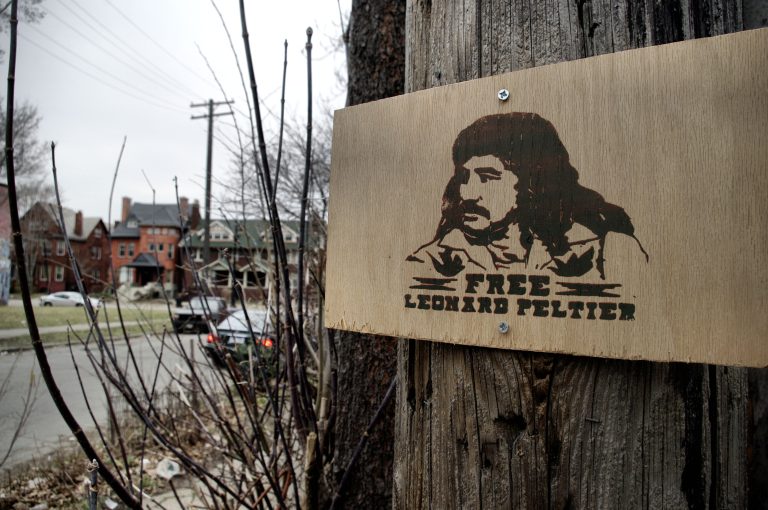Podcast: Play in new window | Download | Embed
Tribal leaders are assessing what the next Trump administration means for their communities nationwide.
South Dakota Public Broadcasting’s C.J. Keene reports.
State Sen. Tamara Grove (R-SD) is from Lower Brule.
She says there is reason to be hopeful in the next administration, namely the representation of states with high tribal populations with the incoming government.
“I’m hopeful this four years will include the Native American community. When you have people like (Senate Majority Leader) U.S. Sen. John Thune (R-SD) in office who says ‘South Dakota’ – we have nine tribes here. I just really believe that will open up some doors.”

(Courtesy Representative Peri Pourier / Facebook)
On the other hand, Pine Ridge State Rep. Peri Pourier (Oglala Lakota citizen/D-SD) says she’s cautiously optimistic about some cabinet picks, particularly former Gov. Doug Burgum (R-ND) for Secretary of Interior.
“It seems like he has a good grasp on trust responsibilities with Native American tribes and the treaty obligations. I hope he holds the BIA accountable in all aspects. I hope he initiates policy reform, and really weights out their performance when it comes to public safety efforts.”
Gov. Burgum previously prioritized tribal relation during his time as governor.

A wooden cross with the words “Four Yupiit Ancestors” marks the spot where the remains of four Yup’ik inhabitants taken from the region in 1907 were buried in November 2024 after being returned to the Orutsararmiut Traditional Native Council. (Photo: Evan Erickson / KYUK)
In Alaska, Bethel’s tribal government recently repatriated the remains of four Yup’ik ancestors taken from the area more than a century ago.
KYUK’s Evan Erickson has more.
At the Bethel Memorial Cemetery at the edge of the tundra, a large wooden cross protruding from a single gravesite bears only the words “Four Yupiit Ancestors”.
In November, the partial remains of four Yup’ik inhabitants of the Bethel area were finally laid to rest by Bethel’s tribe, the Orutsararmiut Traditional Native Council (ONC).
They had been stored at the University of Pennsylvania Museum of Archaeology and Anthropology, better known as the Penn Museum, for more than a century.
The repatriation is the product of a years-long process under the federal Native American Graves Protection and Repatriation Act (NAGPRA).
The law has facilitated the transfer of the remains of tens of thousands of Native Americans stored in museum collections and laboratories back to federally recognized tribes since its passage in 1990.
Nevertheless, hundreds of thousands of remains and sacred objects still remain in the possession of museums, universities, and federal agencies across the United States.
At the request of ONC in November, the City of Bethel agreed to dig a gravesite for the remains at the Bethel Memorial Cemetery.
In a meeting of the Bethel City Council shortly after the burial, acting city clerk Kevin Morgan shared an email sent to the city by the tribe describing the remains.
“It was an adult male, the cranium and mandible, mandible of a female, mandible and part of the skull of a female, and the cranium and cranial bones of … a 15-year-old female.”
Notice of the ancestral remains as required under NAGRA was first made by the National Park Service in late 2022, though it is unclear when Bethel’s tribe received the remains.
ONC did not respond to multiple requests for comment.
Little is known about the four recently buried Yupiit ancestors, but according to the federal register, the remains were removed from a site near Bethel in September 1907 as part of a Western Alaska expedition led by Penn Museum’s general curator of American archaeology George Byron Gordon.
That same year, Gordon collected and removed hundreds of cultural items from the region as part of a canoe expedition of the Kuskokwim River that brought the anthropologist to Bethel.
According to The Repatriation Database, a project by nonprofit investigative journalism organization ProPublica, the remains of at least one person of interest to Bethel’s tribe are still being held by the Alaska State Medical Examiner Office, but have not been made available for repatriation.
The Penn Museum did not respond to multiple requests for comment about the history of the remains while in the museum’s possession.
Get National Native News delivered to your inbox daily. Sign up for our daily newsletter today.




Leave a Reply